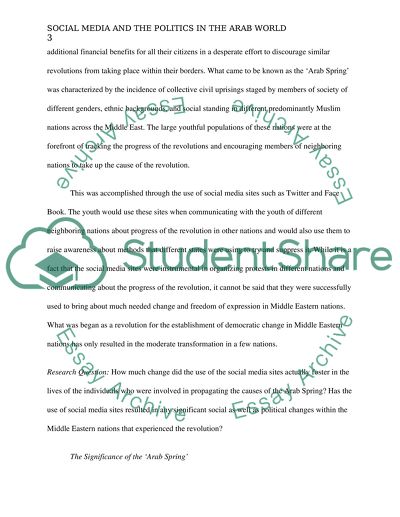Cite this document
(“How did social media influenced the political decision in the Arab Research Paper”, n.d.)
Retrieved from https://studentshare.org/sociology/1498328-how-did-social-media-influenced-the-political
Retrieved from https://studentshare.org/sociology/1498328-how-did-social-media-influenced-the-political
(How Did Social Media Influenced the Political Decision in the Arab Research Paper)
https://studentshare.org/sociology/1498328-how-did-social-media-influenced-the-political.
https://studentshare.org/sociology/1498328-how-did-social-media-influenced-the-political.
“How Did Social Media Influenced the Political Decision in the Arab Research Paper”, n.d. https://studentshare.org/sociology/1498328-how-did-social-media-influenced-the-political.


